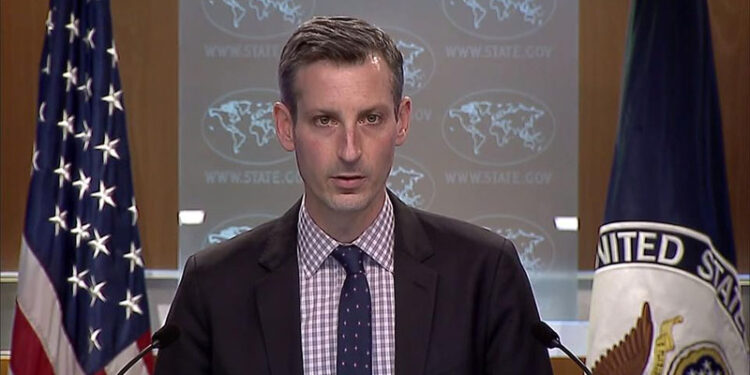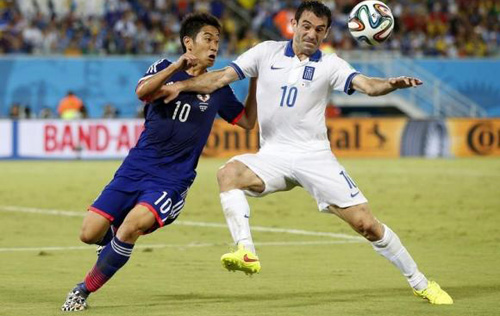WASHINGTON: The visit of Prime Minister Imran Khan to Moscow on a scheduled bilateral visit attained greater significance, as the United States urged Pakistan to play its part in averting a “costly” and “destabilizing conflict, following the Russia-Ukraine military clash.
The United States said it has been in touch with Islamabad on the escalating crisis and has communicated to Pakistan its position regarding “renewed invasion of Ukraine.”
“We believe it’s the responsibility of every responsible country around the world to voice concern, to voice objection to what (President Vladimir) Putin appears to have in mind for Ukraine,” State Department spokesman Ned Price told reporters in response to a question about Prime Minister Imran Khan’s visit to Russia, at his daily briefing on Wednesday.
PM Imran Khan arrived in Moscow Wednesday to meet President Putin and discuss a range of issues, including economic cooperation. His visit takes place hours after the US and a number of Western nations slapped Russia with new sanctions for its military deployment into parts of eastern Ukraine.
“We’ve communicated to Pakistan our position regarding Russia’s further renewed invasion of Ukraine, and we have briefed them on our efforts to pursue diplomacy over war,” the spokesman said, while underscoring United States’ “longstanding partnership and cooperation” with Pakistan.
“We view our partnership with a prosperous, with a democratic Pakistan as critical to U.S. interests.
“And we certainly hope, when it comes to those shared interests – the aversion of a costly conflict, the aversion of a destabilizing conflict, that every country around the world would make that point clearly in unambiguous language in their engagements with the Russian Federation,” Price added.
Speaking at the World Affairs Councils of America (WACA), a think-tank, Pakistan’s Ambassador Asad Majeed khan said that Pakistan and the U.S. are important allies and partners. “Over the past one year, a healthy momentum had been generated in laying down a foundation for structured and institutionalized bilateral dialogue processes in a number of areas of mutual interest,”he added.













